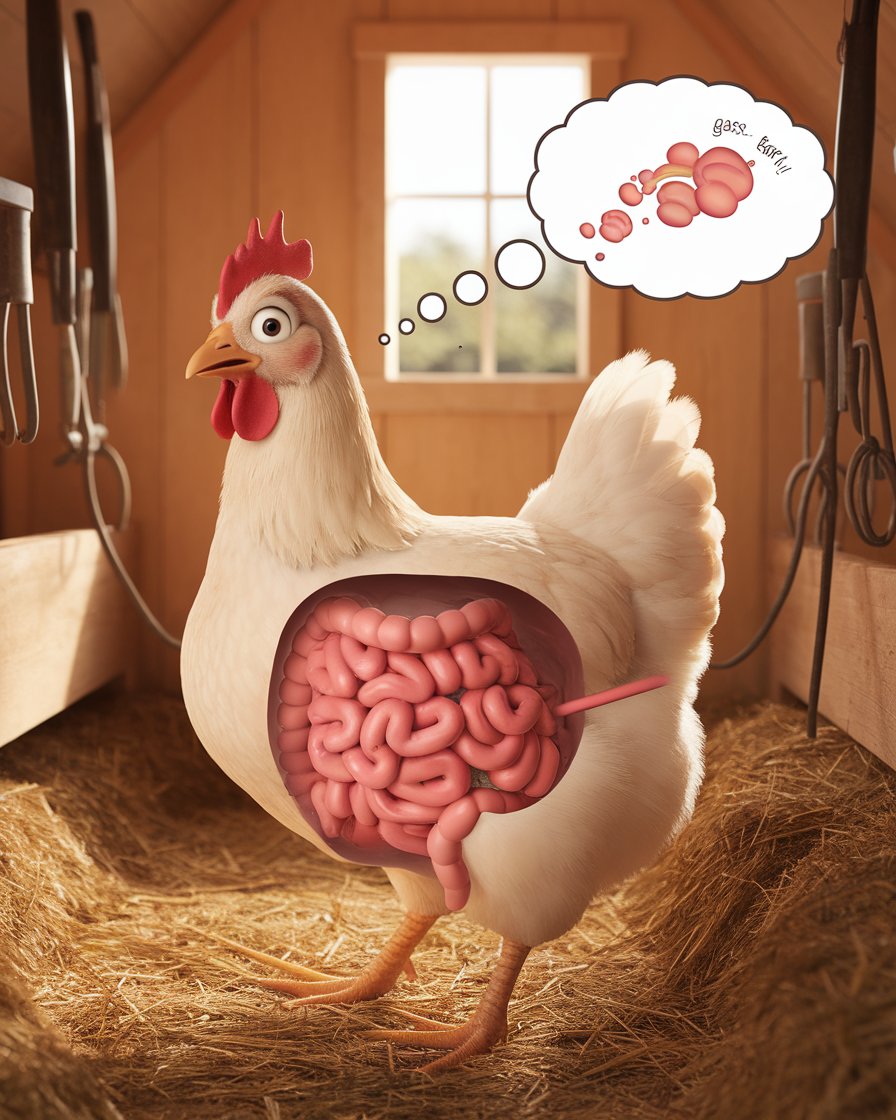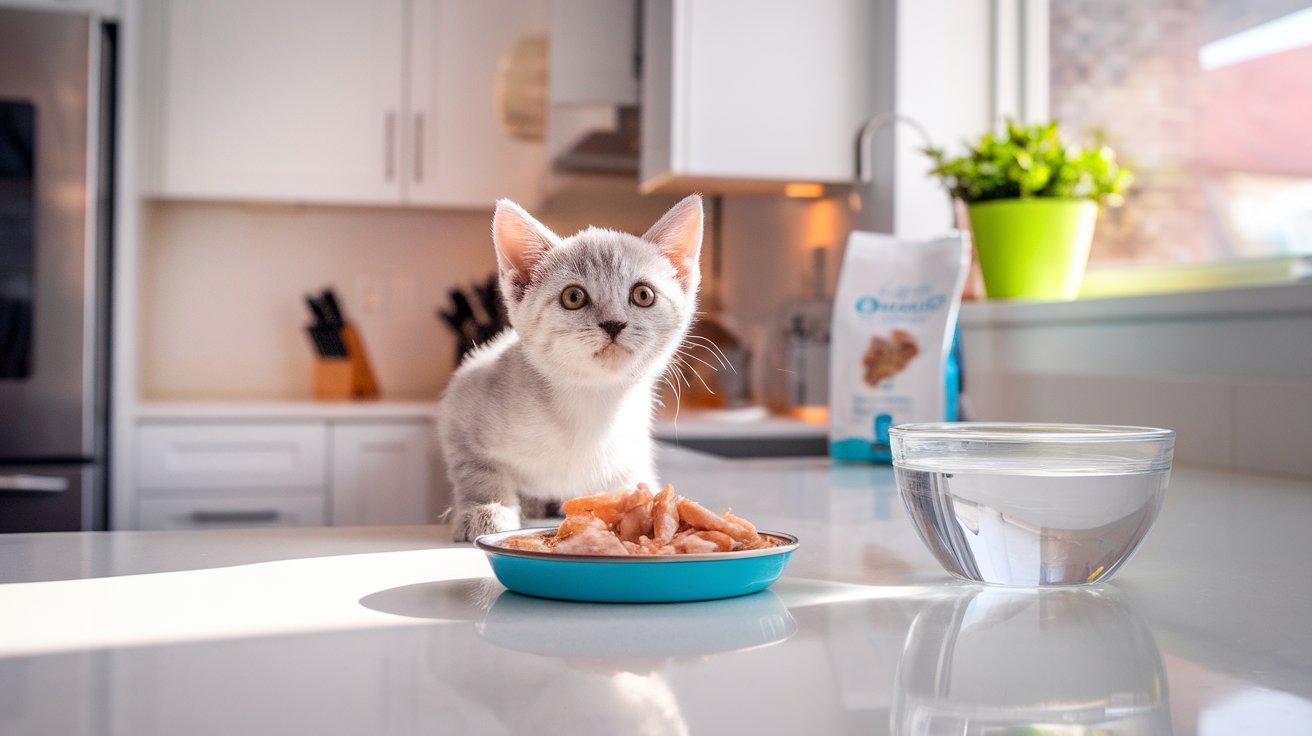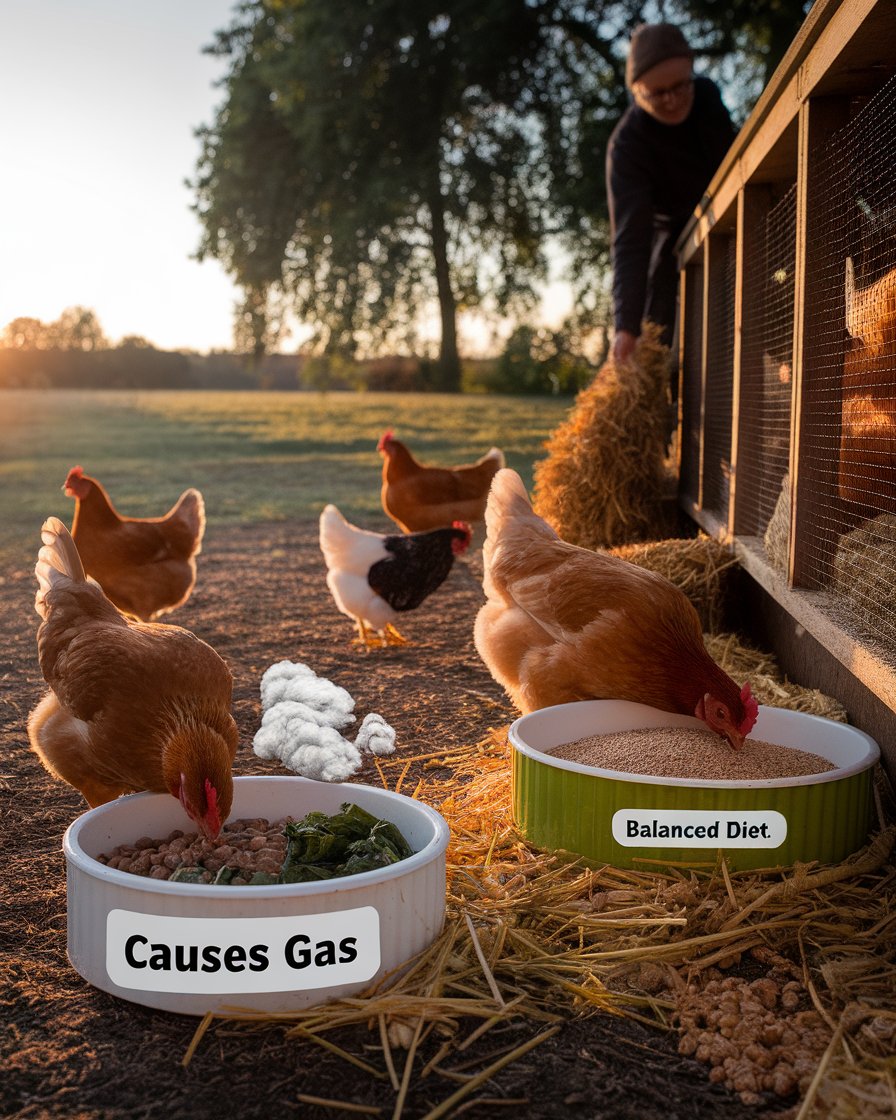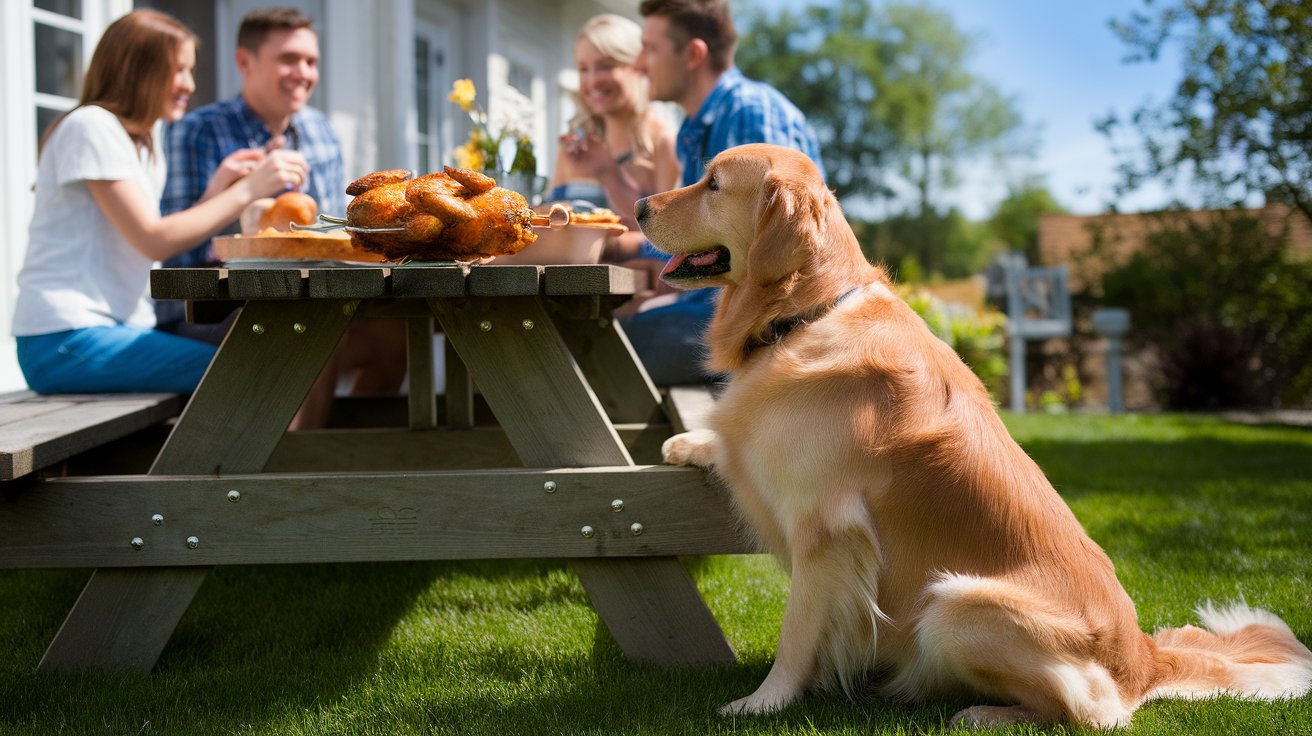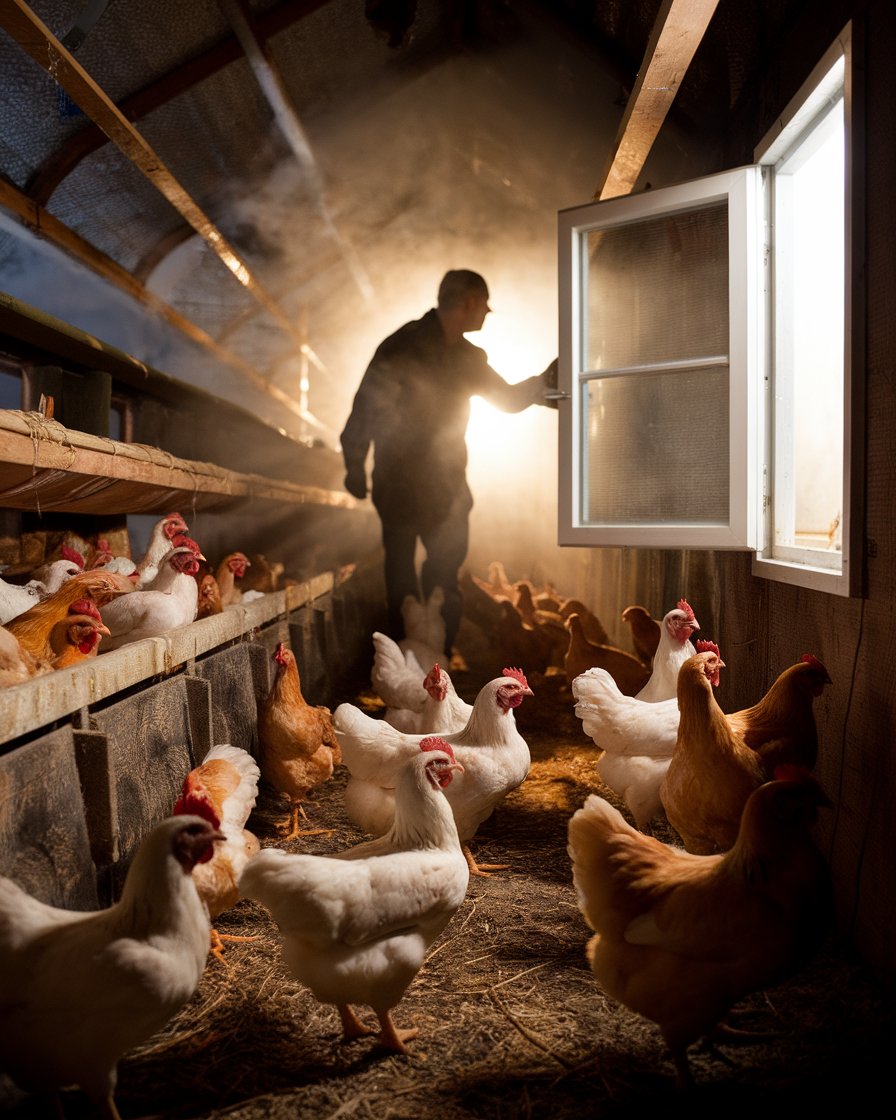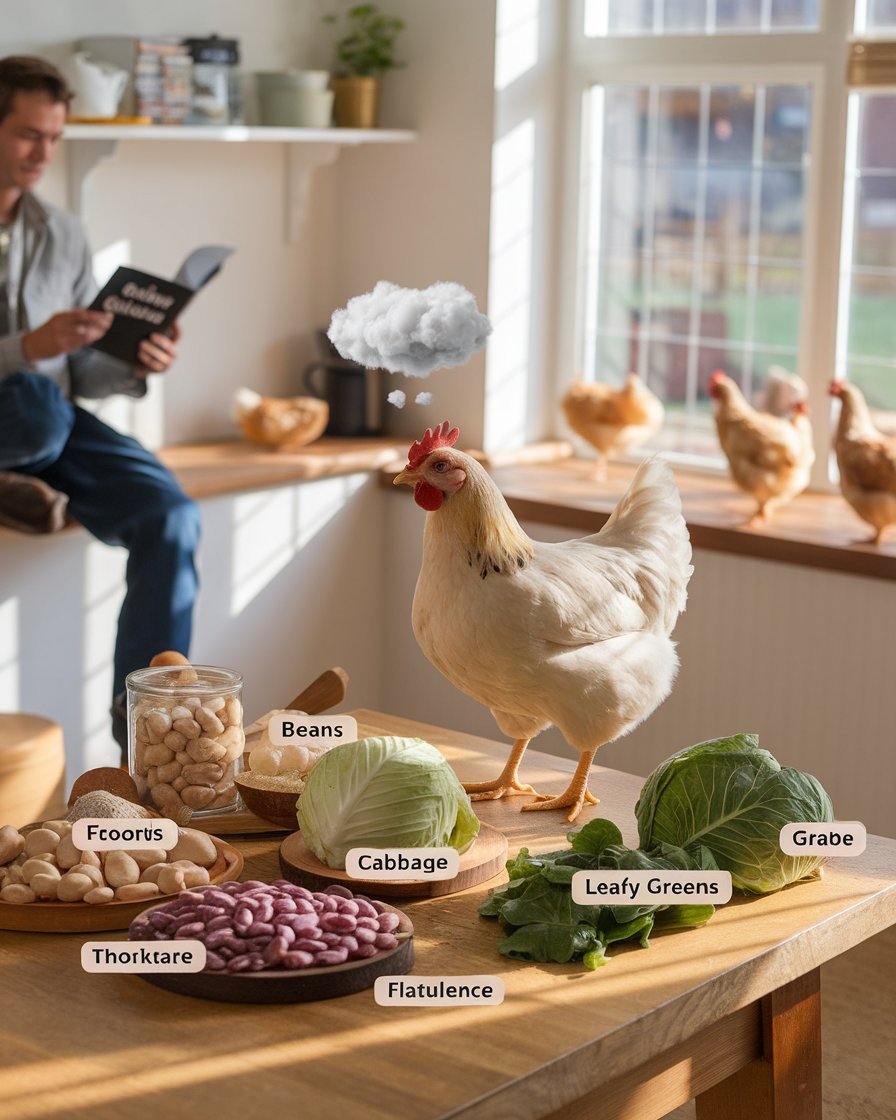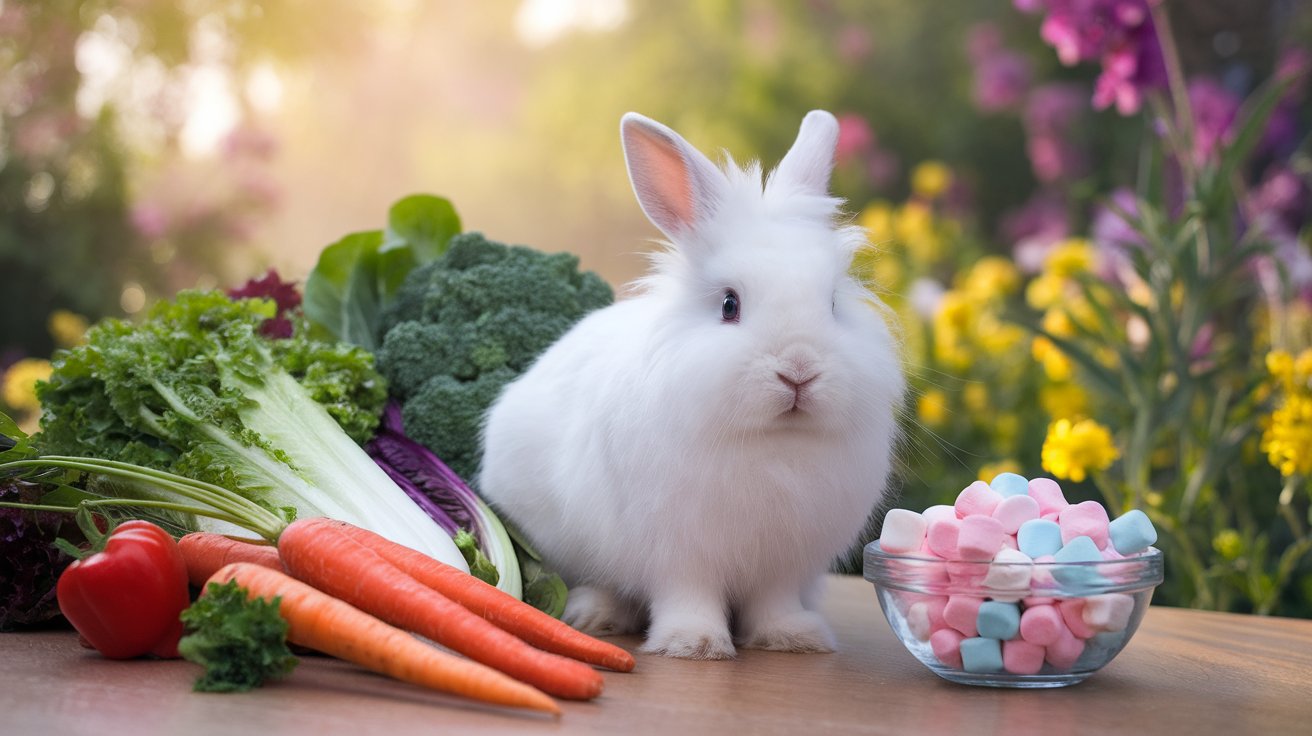Introduction
When it comes to the world of chickens, many people wonder: “Do chickens fart?” The answer is yes, chickens do fart. Chickens’ digestive systems, much like other animals, produce gas as a byproduct of digestion. The ceca, a part of the large intestine, is responsible for breaking down undigested food, leading to gas production. Farting in chickens is a natural function, and while it may not seem like a big deal, it’s an important indicator of their digestive health. Carbon dioxide, methane, and other gases are released during this process, and though chickens can indeed burp, farting is more common.
In the world of chicken flatulence, different chicken breeds can vary in their gas production. Chickens are omnivores and what they eat plays a significant role in the gases they produce. Foods rich in fiber can lead to increased flatulence, and as chicken keepers, it’s crucial to monitor your chickens’ diet to avoid digestive issues. Keeping their coop clean and well-ventilated will also help manage the smell of chicken farts, ensuring the flock stays healthy and comfortable.
Key Takeaways
- Chickens can fart due to gas production in their digestive system, primarily within the ceca.
- A chicken’s diet plays a key role in their flatulence, with fiber-rich foods leading to increased gas.
- Flatulence in chickens is normal, but excessive gas could indicate digestive issues or dietary imbalances.
- Poor ventilation in chicken coops can lead to methane buildup from chicken farts, affecting air quality.
- Regular coop maintenance and proper airflow are essential to managing methane and keeping chickens healthy.
- A balanced diet helps prevent excessive gas production and ensures better digestive health for chickens.
Why Chickens Fart: Understanding the Chicken Digestive System
Chickens, like many other animals, can fart due to their digestive system producing gas during the digestion process. Chickens’ digestive systems include the ceca, where undigested food can ferment, leading to gas production. When the gases, including methane, accumulate, they are eventually released, sometimes resulting in a chicken fart. Chickens may also pass gas as a normal part of their bodily functions, just like other animals. The flatulence in chickens isn’t always a cause for concern but can be influenced by the feed and overall digestive health of the chicken. Understanding the anatomy and workings of their digestive system helps chicken keepers manage their flock’s health and prevent any digestive issues from escalating.
Key Factors Influencing Chicken Flatulence
The Role of the Ceca in Gas Production
Chickens have two ceca located near their large intestine. These organs ferment undigested food, leading to gas production. The gases, including methane and hydrogen sulfide, are then released as flatulence. The amount of gas depends largely on the food being digested and the efficiency of the digestive system.Diet’s Impact on Flatulence in Chickens
Certain foods, especially those rich in fiber like beans and leafy vegetables, can increase gas production in chickens. As these foods ferment in the ceca, they produce more gas. Chicken keepers should manage their flock’s diet carefully, avoiding excessive fiber-rich foods that could cause digestive distress.Health and Digestive System Efficiency
A chicken’s overall digestive health plays a significant role in how much gas they produce. Chickens with healthy digestive systems are less likely to experience excessive gas buildup, while those with imbalances or poor health may produce more flatulence. Regular monitoring of a chicken’s digestive function can help in managing gas levels.Environmental Factors and Coop Ventilation
While chicken farts are natural, poor ventilation in a chicken coop can exacerbate the problem by trapping gases, leading to a foul-smelling environment. Ensuring that the coop is well-ventilated can help dissipate methane and other gases, keeping the air quality healthy for the flock.Preventing Excessive Flatulence Through Proper Care
Chickens with a balanced diet and a well-maintained coop are less likely to experience excessive flatulence. By monitoring food intake and ensuring good living conditions, chicken keepers can reduce the likelihood of gas buildup in their flock.
The Role of the Ceca in Chicken Digestion
The ceca are critical in the digestion process for chickens, playing a significant role in gas production. As food passes through the digestive system, the ceca ferment undigested particles, which produces gases like methane. This process is a natural part of how chickens digest food, and when too much gas builds up, it gets released as a chicken fart. The presence of flatulence in chickens can indicate that their digestive system is functioning normally, though excessive gas could suggest dietary issues. Monitoring your chickens’ ceca health is vital for maintaining a well-functioning digestive system.
How Chickens Pass Gas: A Natural Function
Chickens, like any other animal, have a natural ability to pass gas. This process occurs as a result of fermentation in their digestive system, particularly within the ceca. Chicken farts can sound subtle but may carry a smell depending on the chicken’s diet and the gases produced. Chicken keepers may not always notice their chickens farting, but it’s important to recognize that gas production is normal. A balanced diet can help regulate this process, preventing excessive gas buildup that could affect your flock’s health and comfort.
What Causes Flatulence in Chickens and How to Manage It
Flatulence in chickens may seem like a minor issue, but it can signal underlying digestive problems. Chickens’ diet, specifically foods that are rich in fiber, can increase gas production. Their digestive tract, particularly the ceca, is where food is broken down, and gases like methane are produced. Chicken farts smell due to the fermentation of undigested food. While flatulence in chickens is generally harmless, excessive gas could be a sign of poor diet or health issues. Chicken owners should monitor what they feed their chickens, ensuring they avoid foods that could lead to increased flatulence. Keeping a clean chicken coop also helps in managing the situation.
Case Study: Managing Flatulence in Backyard Chickens Through Diet and Environment
A small-scale chicken farm in Minnesota experienced issues with excessive flatulence among their flock of 50 backyard chickens. The owners noticed an unpleasant odor in their coop and observed their chickens displaying discomfort after feeding on a new diet rich in legumes and leafy greens. Concerned about the health of their flock, they reached out to a local veterinarian specializing in poultry health.
After a thorough review, the veterinarian identified the cause: the high fiber content in the chickens’ diet was producing excess methane and other gases. To resolve the issue, the farm owners adjusted their chickens’ diet by introducing more grains and reducing fiber-rich foods. They also improved coop ventilation by installing windows and fans to dissipate the gas buildup.
Within a few weeks, the chickens’ flatulence decreased, the coop smelled fresher, and the flock showed visible signs of improved health. This case illustrates the importance of a balanced diet and proper coop maintenance in managing chicken flatulence.
Dietary Causes of Flatulence in Chickens
What chickens eat directly impacts how much gas they produce. Fiber-rich foods, particularly beans and leafy vegetables, are common culprits that can lead to increased flatulence. When these foods ferment in the digestive system, gases such as methane and hydrogen sulfide are produced. This can cause your chickens to fart more frequently. While farting is a natural part of digestion, too much gas could indicate a diet imbalance. Chicken keepers should be cautious about introducing new foods and ensure their flock’s diet promotes proper digestion without excessive gas production.
Managing Flatulence in Chickens Through Proper Coop Maintenance
A clean chicken coop not only benefits your chickens’ health but also helps manage gas buildup from chicken flatulence. Methane and other gases can accumulate in poorly ventilated spaces, making the air inside the coop less fresh. To prevent this, ensure that the coop is well-ventilated and regularly cleaned to reduce the smell of chicken farts and promote a healthier living environment. Flatulence in chickens may seem like a small issue, but proper maintenance and monitoring of their coop can make a significant difference in their overall comfort.
Can Methane from Chicken Farts Affect the Chicken Coop Environment?
Chickens release gas, including methane, which can accumulate in enclosed spaces like a chicken coop. Though the amount of methane produced by chickens farting is small, in large numbers, the combined gas could impact the air quality inside the coop. Poor ventilation in the coop can lead to a noticeable fart smell, which is not just unpleasant but could potentially affect the chickens’ overall health. Methane gas, along with other gases from their digestive system, can contribute to poor air circulation, so it’s essential for chicken keepers to maintain proper airflow in their coops to keep their feathered friends comfortable and healthy.
Ventilation Solutions for Managing Methane in the Coop
Methane buildup from chicken flatulence can impact air quality inside the coop, especially if it’s not properly ventilated. Chicken keepers should focus on improving ventilation by installing vents or keeping windows open to ensure gases don’t accumulate. Regular airflow can help dissipate the smell of chicken farts, keeping the coop fresh and preventing potential respiratory issues in your chickens. Ensuring that the air inside the coop remains clean and breathable is essential for maintaining a healthy environment for your flock.
Long-term Health Effects of Poor Air Quality in Chicken Coops
Poor air quality, caused by methane and other gases from chicken farts, can lead to health problems in chickens over time. Prolonged exposure to these gases can affect their respiratory system and overall health, leading to issues like breathing difficulties or increased stress. Chicken owners should ensure that their coop is well-ventilated and regularly checked for any signs of poor air quality. Preventing gas buildup in the coop by managing flatulence and ensuring clean, fresh air can go a long way in promoting your chickens’ long-term well-being.
Reducing methane emissions is critical for addressing climate change and improving air quality.” – Al Gore
Foods That Can Cause Flatulence in Chickens: What Chicken Keepers Should Know
Certain foods can lead to increased flatulence in chickens, much like in other animals. Chickens eat a variety of foods, but some, such as beans and certain vegetables, can produce gas as they break down in the digestive tract. The ceca, where food ferments, plays a major role in the production of gas in chickens. Chicken flatulence, though often harmless, can increase if the diet is not managed properly. Chicken keepers should monitor their chickens’ diet and avoid gas-producing foods that can lead to excessive farting. A balanced diet not only helps in reducing gas but also supports the overall health of the chickens.
Common Foods That Lead to Increased Gas in Chickens
Certain foods are known to cause increased flatulence in chickens, including beans, legumes, and high-fiber vegetables. These foods ferment in the ceca, leading to the production of gases like methane. Chicken keepers should be mindful of how these foods affect their flock and adjust their diet accordingly. Reducing the intake of gas-producing foods can help minimize the occurrence of chicken farts and keep the flock more comfortable. Understanding which foods cause gas and managing their diet effectively is key to preventing excessive flatulence.
Balancing Chicken Feed to Prevent Excessive Gas
A well-balanced diet can prevent chickens from producing excessive gas. By focusing on nutrient-dense feeds that promote healthy digestion, chicken keepers can minimize the production of gases like methane and hydrogen sulfide. Overfeeding certain gas-inducing foods can lead to frequent chicken flatulence, which might affect their digestive health. By offering a variety of grains and ensuring that your chickens have access to clean water and fresh feed, you can keep their digestive system in balance and reduce the occurrence of farting.
Conclusion
In conclusion, chickens do indeed fart, and it’s a natural part of their digestive system. The ceca in a chicken’s digestive tract is responsible for breaking down food, producing gases such as methane and carbon dioxide, which leads to flatulence. Chickens also burp, but farting is more common and usually harmless. However, as a poultry owner, it’s important to monitor your chickens’ diet, as certain foods can lead to increased gas production. Knowing what to feed your chickens can help prevent excess flatulence and maintain their overall health.
While chicken farts aren’t typically a cause for concern, keeping a well-ventilated chicken coop and maintaining proper cleanliness will help prevent the buildup of methane gas and other harmful gases. By understanding how chickens produce gas and paying attention to their diet and environment, you’ll be able to keep your flock happy, healthy, and free from excessive flatulence. Regular monitoring of your backyard chickens ensures they stay comfortable and healthy.


